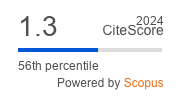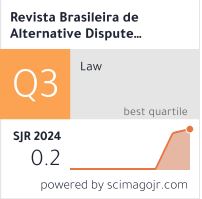Social Media-Tion: A Constructive Approach to Dispute Resolution?
Keywords:
Social media, Dispute resolution, Technology, Ethical conductAbstract
In the twenty-first century which is regarded as the dawn of the social media age, the disputants, as well as the legal professionals such as advocates and judges, embrace the information available at their disposal on several social media platforms. It has altered the conduct of arbitration by changing the way disputants communicate. Being the modern tool for communication, it has elevated the speed and dissemination of information, which allows audiences to follow the dispute and express their support or dissatisfaction towards the disputants. As a consequence, the parties seeking redressal of their grievances through ADR get influenced due to the formation of ‘unconscious bias’. Communication is the epitome of the dispute resolution process, and the intervention of social media in the process generates a ghost syndrome, thus, resulting in the fading of such epitome. Its impact is not restricted to the parties but has the potential to undermine the independence, integrity, and impartiality of the judge or the mediator. Social Media has become significant within the legal domain as technology penetrates all ambits of individual endeavors. Looking towards the positive contributions, it acts as a source of evidence, especially in employment and labor disputes. Transformations in communication technologies have altered the definition of power in international arbitration, the class of individuals participating in the process, and strategies employed to mediate the conflict. The paper intends to discuss the elite usage and manipulation of social media impacting ADR, the cases influenced by it, and the theoretical framework required for its conduct.
Downloads
Published
Issue
Section
License
No royalties or other compensation shall be due for the publication of the works.
The opinions expressed by the authors of the articles and reviews are their sole responsibility.









